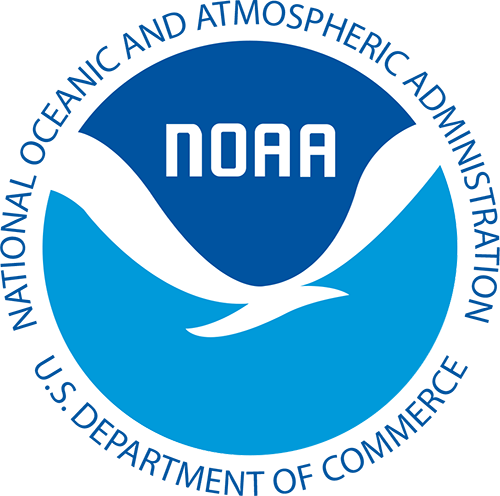Integrating Mussel and Kelp Longline Culture Structures and Management
Project overview
Mussel (Mytilus edulis) farming and sugar kelp (Saccharina latissima) farming have been two of the fastest-growing sectors of marine farming in the Northeastern U.S. over the past 10 years. The number of mussel farms has climbed from two or three raft-based farms in Maine to more than a dozen, including three offshore farms in NH, MA and RI. There were no seaweed or kelp farms a decade ago, and now there are at least a dozen spread between ME, MA, RI and CT. Markets are robust for both crops and the only substitutes are from a dwindling and erratic wild supply or imports of inferior quality and freshness. Given that both these crops are individually being grown on the same basic longline structures on private leases in public waters, it makes sense to integrate the cultivation of the crops for several reasons; (1) better space utilization of limited permitted sites – “3D farming”, (2) shared use of the capital costs of expensive anchors, lines, buoys, (3) better risk management via crop diversification, (4) lower risk to protected species by using fewer vertical lines per unit of production. The additional benefits of using multiple complementary nutrient bio-extractive crops are improved ecosystem services such as (i) improved water quality, (ii) provision of structure resulting in nursery and foraging habitat for other species, (iii) and a sustainable seafood supply.
The work we do under this project will advance marine aquaculture by developing (i) innovative gear designs that integrate a two different crops into an offshore lease area, (ii) new engineering and sea trials to make offshore longline aquaculture more efficient and safer for protected species, (iii) methodology for efficient management and harvest of a dual-crop culture system, (iv) a working group (a community of stakeholders), outreach materials and a workshop dedicated to resolving technical solutions and regulatory issues.
Collaborators: Scott Lindell (WHOI), Charles Yarish (University of Connecticut), Bren Smith (GreenWave and Thimble Ocean Farms), Cliff Goudey (C.A. Goudey and Associates), and Joshue Reitsma (Woods Hole Sea Grant).
